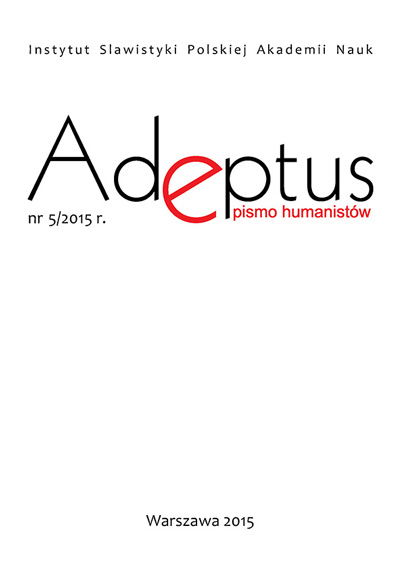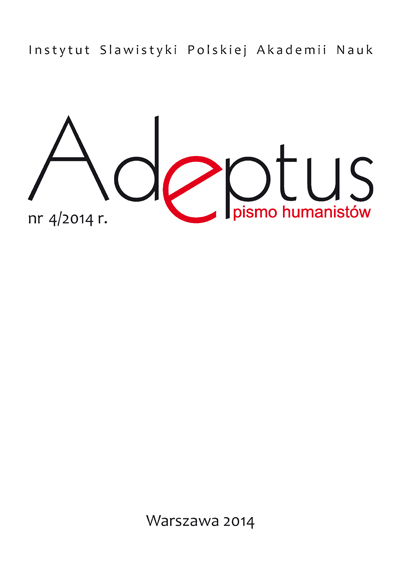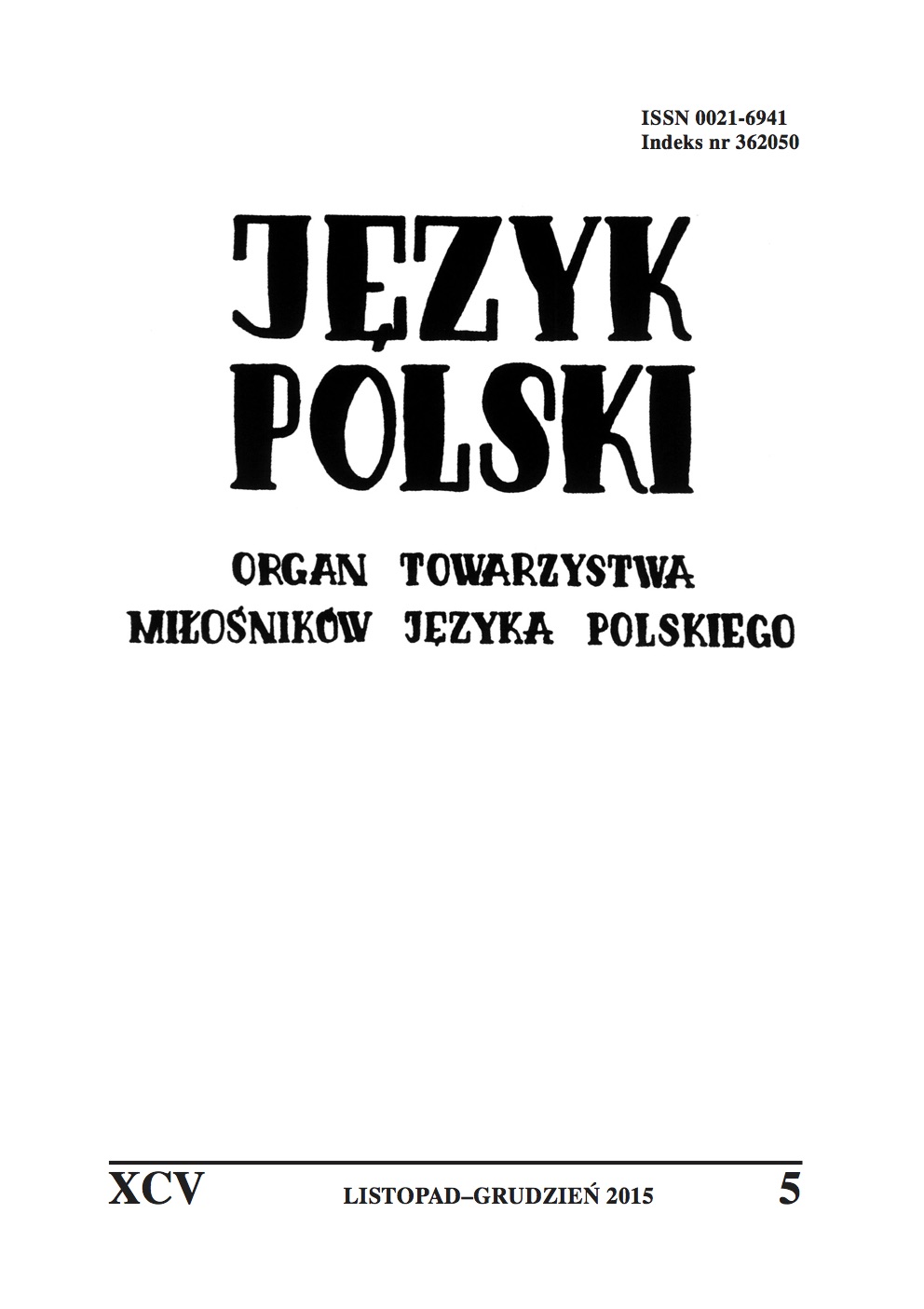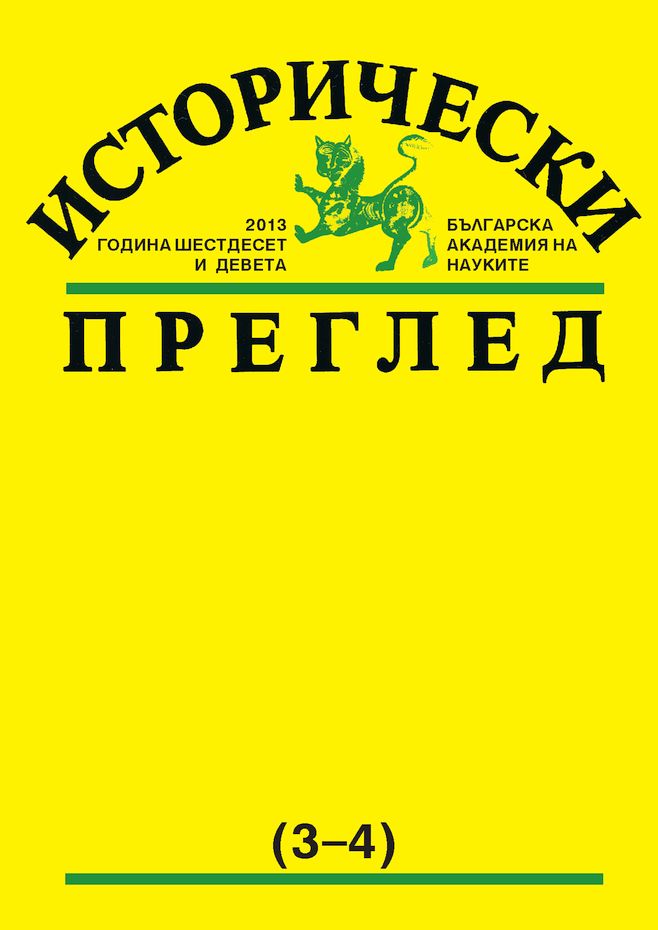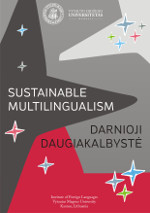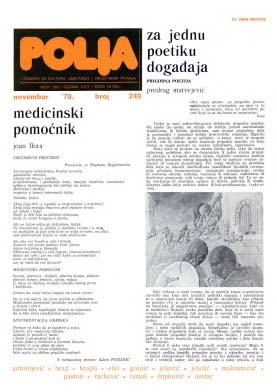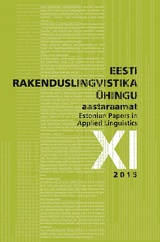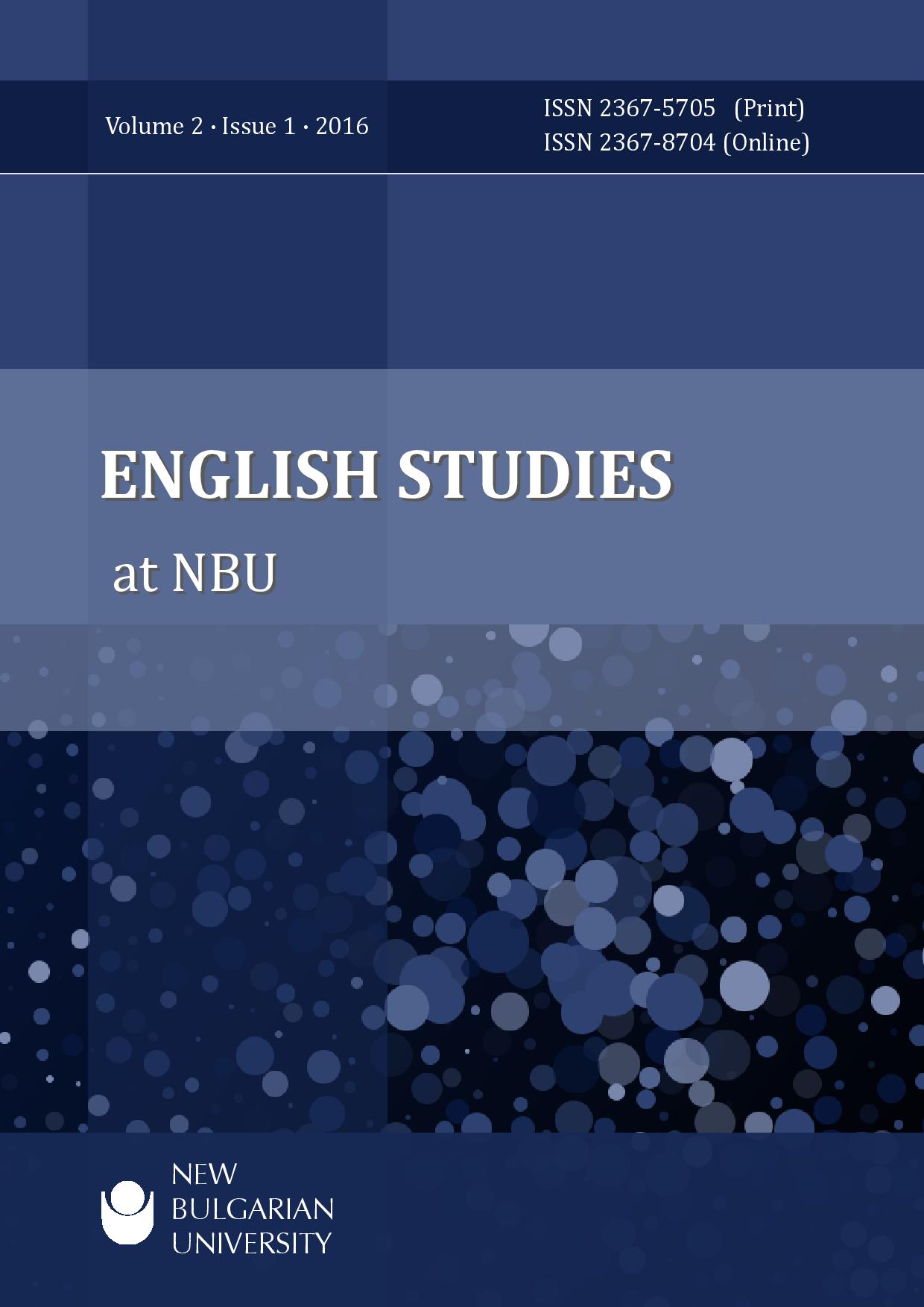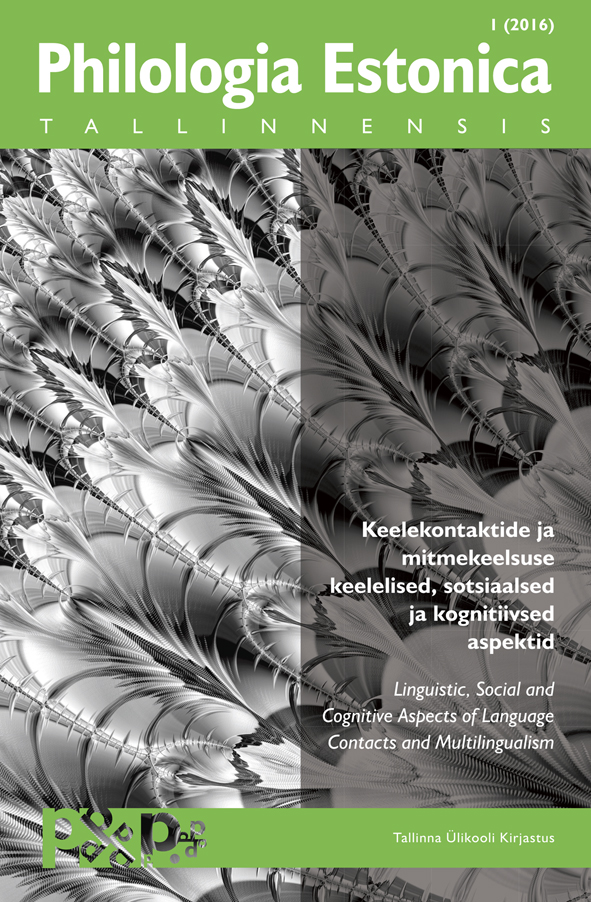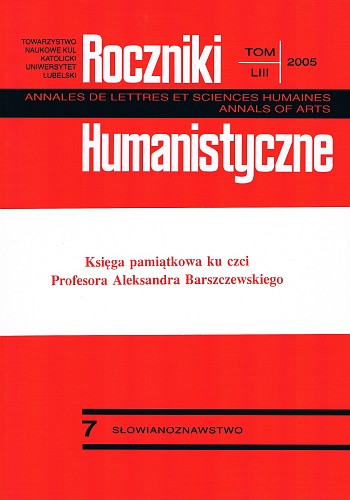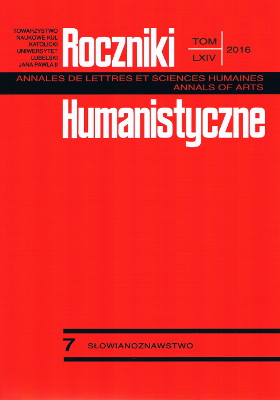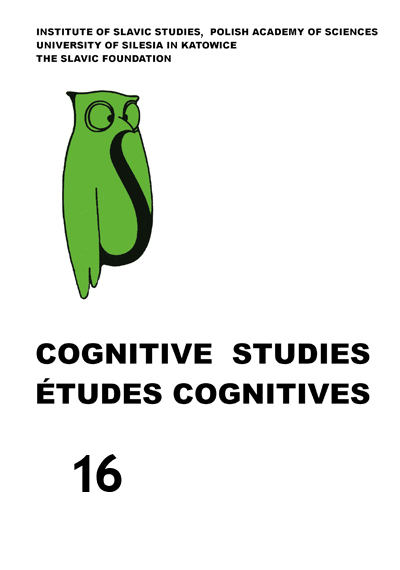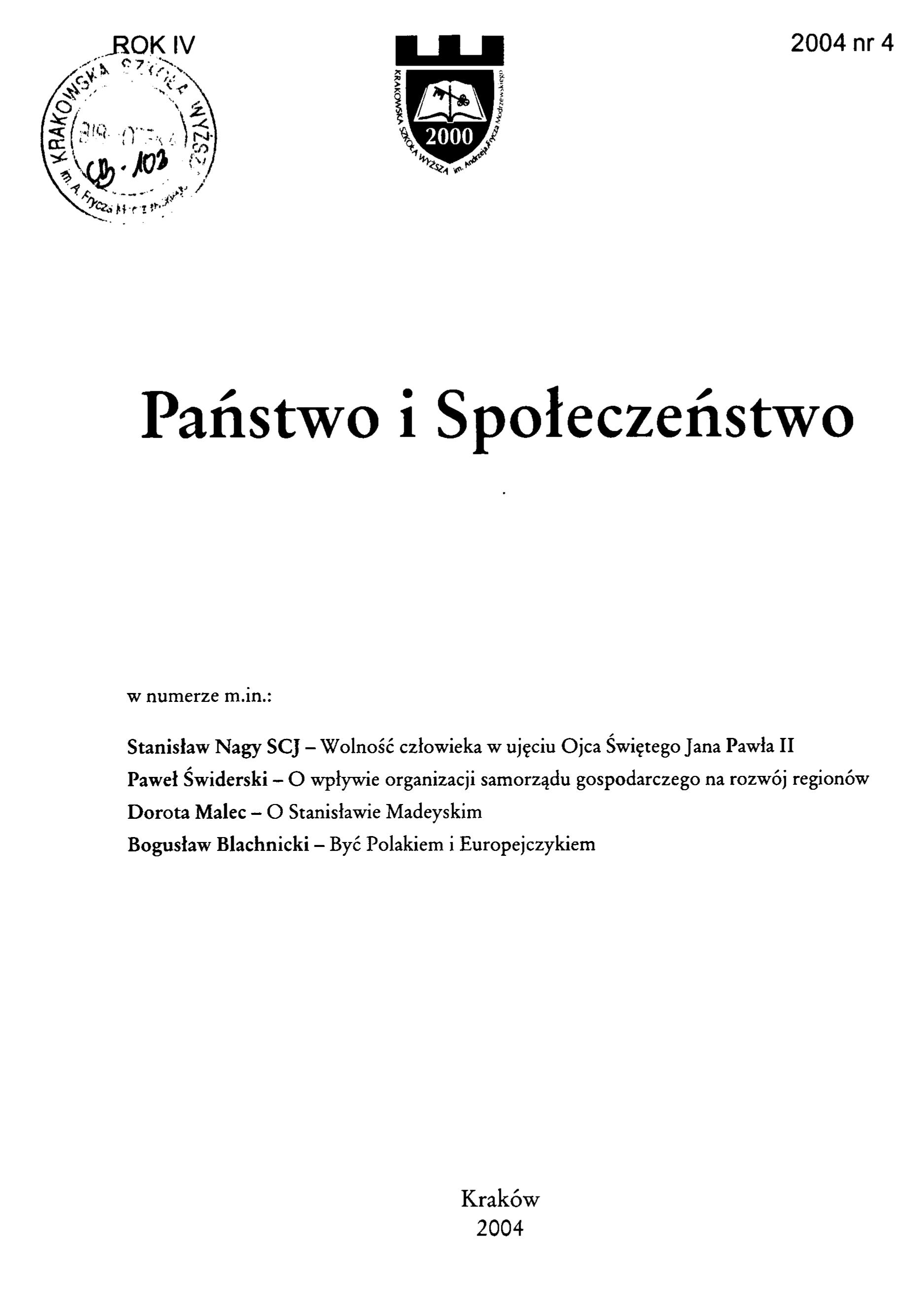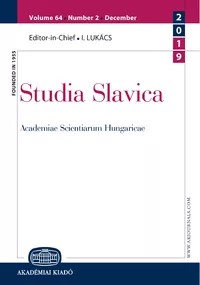Author(s): Wojciech Paweł Sosnowski,Violetta Koseska-Toszewa,Anna Kisiel / Language(s): English
Issue: 16/2016
Leksykon odpowiedniosci semantycznych w jezyku polskim, bułgarskim i rosyjskim [The Dictionary of Semantic Equivalents in Polish, Bulgarian and Russian] is the first Polish dictionary which compares semantic equivalents in the largest languages of each Slavic subgroup: The West Slavic group (Polish), the South Slavic group (Bulgarian) and the East Slavic group (Russian). The content of the dictionary reflects the social processes, changes and trends which have taken
place over recent years. The dictionary consists of 5 volumes, with approximately 5 000 entries for each language. What sets it apart from other dictionaries is that it ventures beyond the standard vocabulary one might expect from a dictionary of this sort. Leksykon... also contains neologisms as well as realogisms — words which do not often have perfect equivalents in other languages because they are so deeply embedded in a nation’s culture. Each entry in the dictionary offers state-of-the-art semantic and syntactic categorisers, developed by Polish experts in Slavic semantics and aspectology. We consider the dictionary to be an innovation in lexicography, because its open structure enables more languages to be added in the future, including non-Slavic languages. Developed with the use of the most recent methodologies available, the dictionary will constitute a sound basis for lexicographic research in the future, in particular for the development of multilingual electronic dictionaries. In the 21st century, we face two great challenges: to make academic research more interdisciplinary and to build an integrated multinational European community. We hope that our dictionary will help address these challenges by promoting multilingualism and facilitating intercultural communication. The primary language of the dictionary is Polish — the largest Slavic language in the European Union. During the Polish presidency of the EU, a conference entitled Multilingual Competences for Professional and Social Success in Europe was held. It concluded with the following declaration: “Multilingualism is not only part of European heritage, but also a chance to develop a society which is open, respectful of cultural diversity and ready for cooperation”. However, the chief obstacles that prevents the EU from attaining the full integration of its economies and societies are language barriers. This dictionary will help overcome these barriers by promoting Slavic languages. The target audience of the dictionary are speakers of Polish, both in Poland and all around the world: experts in Slavic languages, scholars, lexicographers, encyclopaedia writers, students, etc.
More...

